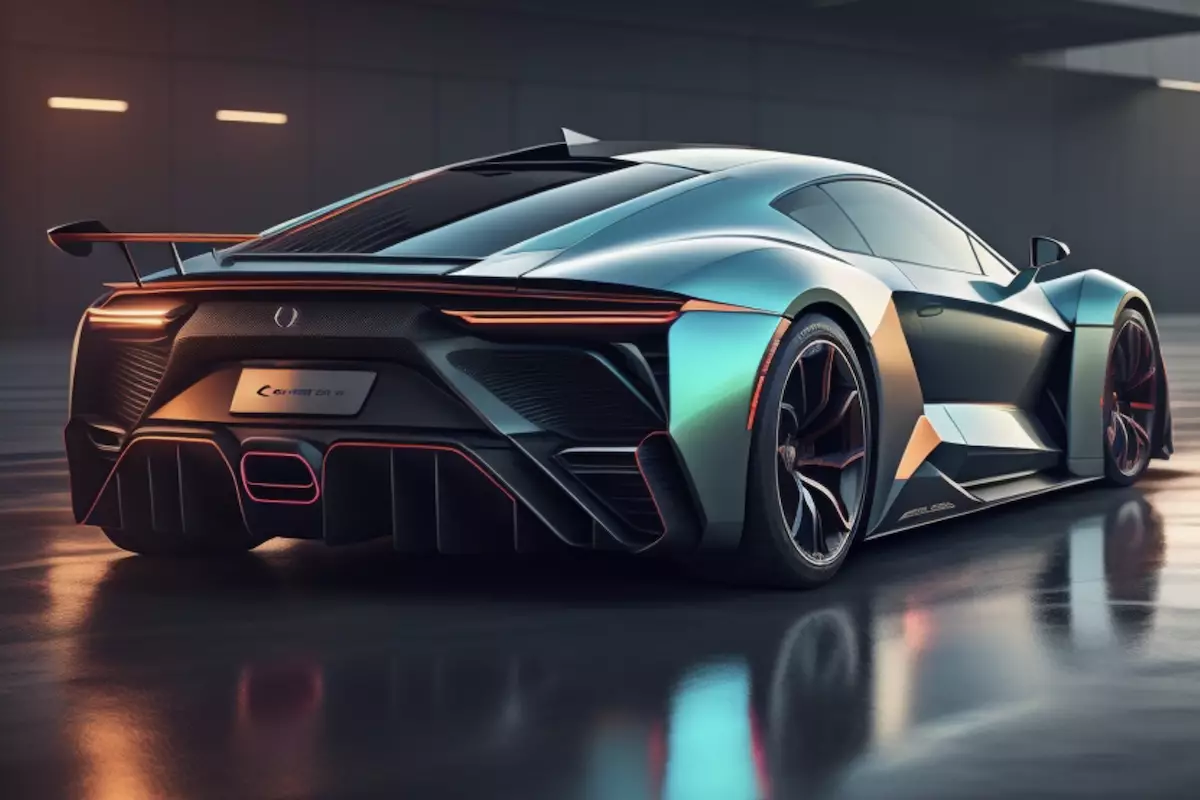In an era where technology continuously reshapes traditional industries, the concept of car tokenization stands out as a groundbreaking development. This innovative approach allows individuals to invest in vehicles not as sole owners but as shareholders of a digital asset. By leveraging blockchain technology, car tokenization offers a fresh perspective on vehicle ownership—transforming the expensive world of luxury and collectible cars into a more accessible market.
Car tokenization operates on a straightforward principle: it creates digital tokens that symbolize ownership shares in a particular vehicle. By utilizing a blockchain, a decentralized and secure digital ledger, the ownership of each token is transparently recorded. Consequently, multiple investors can now have fractional ownership of celebrated vehicles, ranging from high-performance brands like Ferrari and Lamborghini to vintage classics adored by enthusiasts.
Adopting a fractional ownership model, car tokenization brings several advantages that are redefining the automotive investment landscape. One major benefit is the significant reduction in financial barriers typically associated with purchasing luxury vehicles. Potential investors no longer need to amass the entire purchase price; they can simply buy a fraction, thus democratizing access to high-value cars. This opportunity can attract a broader audience, including those who may not have previously considered investing in cars.
Additionally, the liquidity provided by digital tokens stands in contrast to the traditional constraints of automotive investments. By allowing buyers and sellers to trade their shares conveniently in digital marketplaces, tokenization fosters a dynamic market hue. Owners can quickly swap shares, thus creating a more animated investment atmosphere.
Another compelling aspect of tokenization is the shared responsibility for the often-hidden costs associated with car ownership. Expenses such as maintenance, insurance, and storage can carry a heavy financial load. However, through tokenization, these costs become manageable, as they can be divided among the various token holders. As a result, this approach not only makes luxury cars more accessible but also ensures that ownership is financially sustainable.
Fundamentally, tokenizing cars introduces a new asset class that appeals to innovative investors seeking tangible investments. In markets where stock volatility and economic instability may raise questions about traditional investments, tokenized cars present a refreshing alternative. Real-world assets like rare collectibles or exclusive models possess intrinsic value, which can appreciate significantly over time.
The vehicle tokenization process begins with selecting a car and creating digital tokens that represent its shares. The transparent storage on blockchain technology guarantees secure ownership transfers and eases transaction processes. This is facilitated through smart contracts, programmable agreements that establish the terms of ownership and transfer, reducing the possibility of disputes or fraud.
A recent case exemplifying the benefits of car tokenization involved a collaboration between Renegade, a cryptocurrency-focused banking firm, and Mulsano, a distinguished German luxury car dealership. This partnership offered a selection of high-value collector cars as tokenized assets, with shares available for purchase at a nominal price of $100 each. Renegade managed the payment system, accommodating both traditional and digital currencies. Meanwhile, Mulsano showcased the high-end vehicles, from which tokens were derived, allowing investors to share in the potential profits when sold.
Despite the advantages, car tokenization is not devoid of challenges. One significant hurdle stems from regulatory uncertainty surrounding digital assets and blockchain technology. As the legal framework for tokenized ownership remains largely undefined in various regions, both companies and investors may experience obstacles navigating this complex landscape.
In addition to regulatory concerns, there’s the issue of education and awareness. Car tokenization is still in its infancy, and many potential investors may not fully comprehend how it functions or understand the inherent risks. The complexities associated with blockchain technology and digital tokens could deter those unfamiliar with these innovations.
As awareness of car tokenization continues to grow alongside advancements in blockchain technology, the landscape of vehicle ownership is poised for change. Although it is unlikely to entirely replace traditional modes of ownership, tokenization presents an alternative investment opportunity increasingly attractive to the younger, tech-savvy generation.
By facilitating fractional ownership of luxury vehicles and collectibles, car tokenization unlocks pathways for avid enthusiasts and investors to engage with the automotive market appealingly. The advent of this innovative model not only promises to transform perceptions of car ownership but is set to usher in a new era of investing—one characterized by accessibility, liquidity, and shared responsibility.
As we enter this exciting yet uncertain age of car tokenization, the potential for revolutionizing how we view vehicle ownership and investment remains vast. In doing so, it offers individuals a Unique and flexible means to partake in the automotive world, ultimately reshaping our relationship with vehicles.

